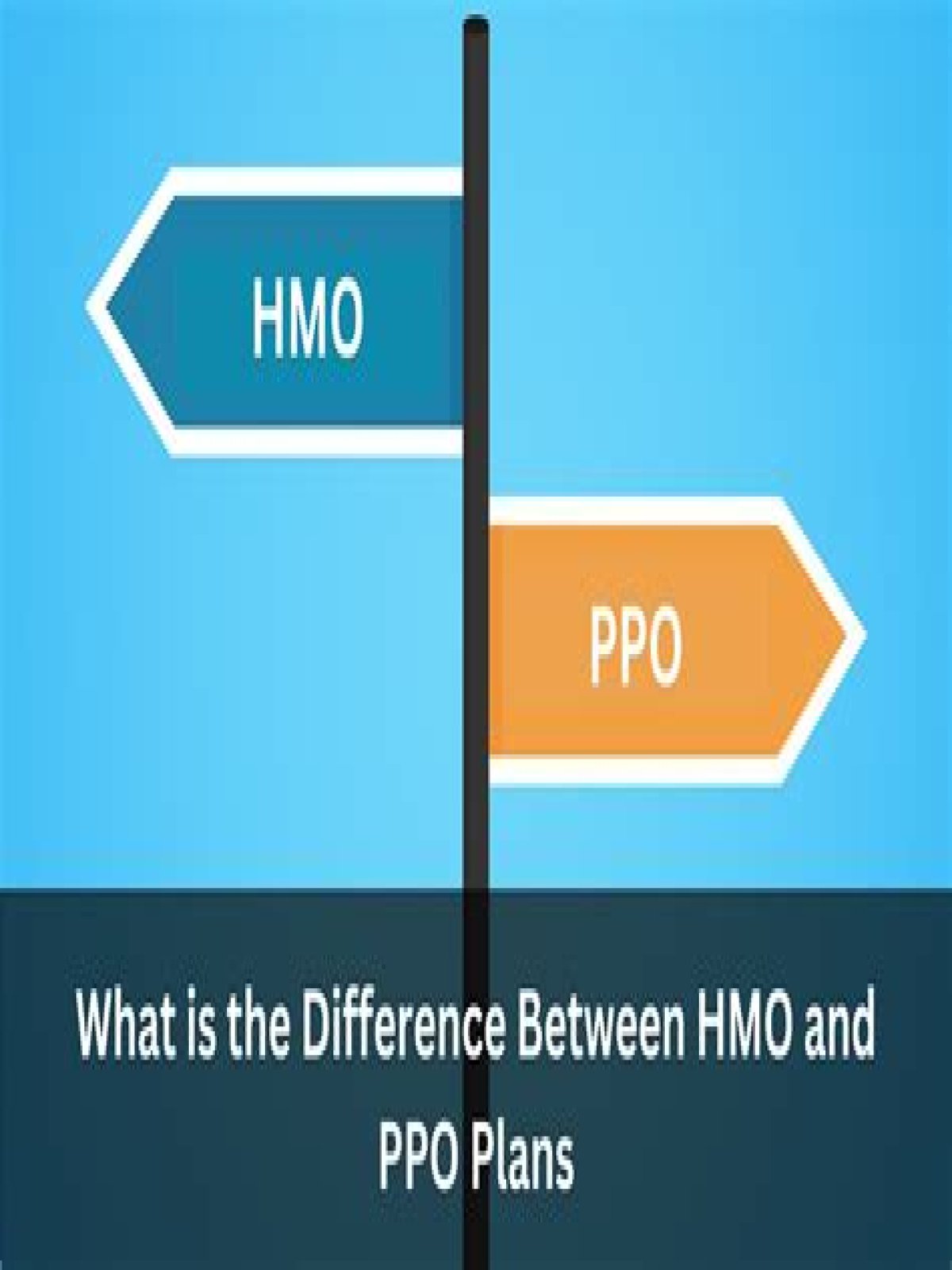What is the difference between a PPO and a POS?
In general the biggest difference between PPO vs. POS plans is flexibility. A PPO, or Preferred Provider Organization, offers a lot of flexibility to see the doctors you want, at a higher cost. POS, or Point of Service plans, have lower costs, but with fewer choices.
Is a POS good insurance?
The breakdown of cost under a POS plan is similar to other types of managed plans but typically less costly than PPO. Coverage flexibility is one of the biggest perks of having POS health insurance. POS plans often offer a better combination of in-network and out-of-network benefits than other options like HMO.
What are the benefits of a POS plan?
With a POS plan, the member is required to complete paperwork themselves and submit claims for reimbursement from the insurance company. The percentage the insurance company pays for out-of-network charges is lower. In a POS plan, the member has greater freedom to see out-of-network providers than with an HMO.
What is better HMO POS or PPO?
A Preferred Provider Organization (PPO) has pricier premiums than an HMO or POS. But this plan allows you to see specialists and out-of-network doctors without a referral. If you know you’ll need more health care in the coming year and you can afford higher premiums, a PPO is a good choice.
How do HMO’s PPO’s and POS differ?
The central differences in HMO vs PPO vs POS plans are: Whether or not you have to select a primary care physician who refers you to specialists. HMOs and POS plans require a primary care physician and referrals while PPO plans do not. How much you have to pay if you see a provider who is out of network.
How do I become a POS insurance?
Hence, if you want to get certified as a PoS agent, you need to get yourself registered with an insurance company or broker. Take the requisite training, study, and pass the IRDAI test with a certain minimum percentage.
What type of plan is a POS?
A point-of-service plan (POS) is a type of managed care plan that is a hybrid of HMO and PPO plans. Like an HMO, participants designate an in-network physician to be their primary care provider. But like a PPO, patients may go outside of the provider network for health care services.
What does POS mean in Medicare?
Point-of-Service The POS (Point-of-Service) option is the right of managed care plan members to partial coverage for certain services they get outside the managed care plan’s network of providers.
What does Pos stand for in health insurance?
Editor in Chief & Licensed Insurance Agent. POS Insurance is an acronym for Point of Service Insurance. Point of Service insured is a unique type of health insurance coverage that combines many of the benefits of both Health Maintenance Organizations (HMOs) and Preferred Provider Organizations (PPOs).
Which is better point of service ( POS ) insurance?
Plans may vary, but in general, POS plans are considered a combination of HMO and PPO plans. You can access care from in-network or out-of-network providers and facilities, but your level of coverage will be better when you stay in-network.
Which is better a POS plan or a state plan?
A POS insurance plan is more beneficial than most state or federally sponsored health insurance plans. Individuals and families get complete coverage with a POS insurance plan, and while the coverage through state plans might be limited.
What’s the difference between a PPO, EPO, and POS?
HMOs, PPOs, EPOs, and POS plans all have provider networks. This network includes doctors, hospitals, labs, and other providers that either have a contract with the health plan or, in some cases, are employed by the health plan. Plans differ as to whether you’ll have coverage for health care services from providers who aren’t in their network.
